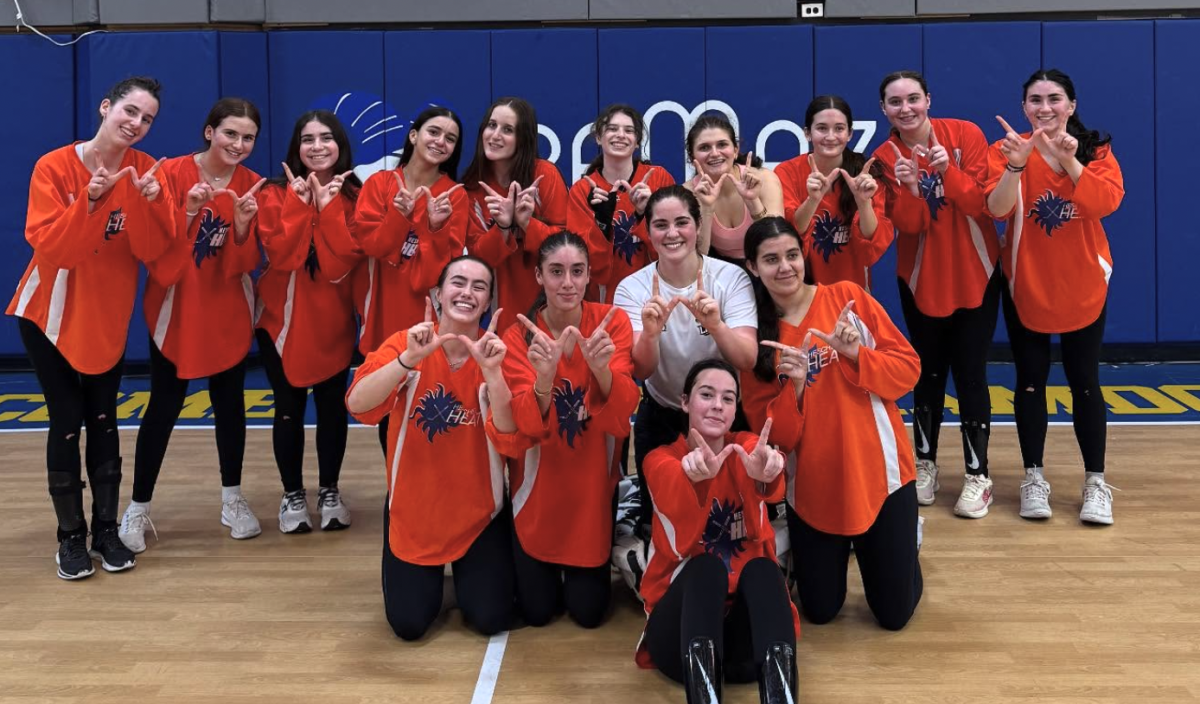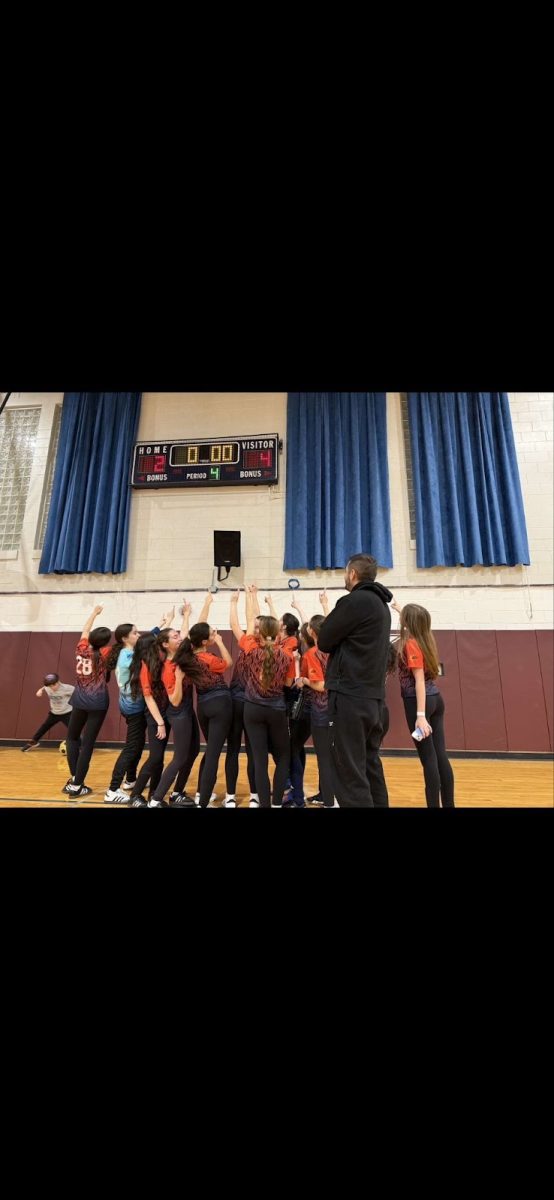This past August, a Florida JCC canceled author Rachel Beanland’s book talk because her novel (The House is on Fire) mentions slavery. After public outcry, the organization issued an apology by saying they are “deeply sorry for what our JCC communicated with [Beanland] as it does not reflect the values we stand for.” Yet this is not the first example of Florida’s radical legislation attempting to redefine and control history, nor will it be the last. We, the Helios Editorial Board, do not stand for this behavior.
Florida’s new “Stop WOKE (Wrongs to Our Kids and Employees) Act” limits and, in some cases, prohibits the discussion of race within schools and workplaces. However, as evidenced by the recent JCC controversy, this bill does not just affect governmental organizations. The consequences this bill has on all communities within Florida are inescapable. The bill promotes an Orwellian dystopia where the press and freedom of speech are limited.
As current high school students, we recognize the risk this bill has for education. It is essential that students are able to learn about diverse groups of people within the United States. It is an undeniable fact that slavery is a permanent stain on American history that should never be forgotten or ignored. The Florida State Board of Education recently released a document detailing specific curriculum guidelines. Within these guidelines is the requirement that teachers must state that “slaves developed skills which, in some instances, could be applied for their personal benefit.” To insinuate that those who had to suffer under slavery benefited from it is outrageous. Additionally, Florida has banned Advanced Placement African American Studies courses. The censorship of history has no place in educational spaces.
Yet the concept of restricting literature is not limited to Florida or even radical right-wing parties. Suppression of ideas can be seen throughout the political spectrum. With the rise of “cancel culture,” many are scared to share their ideas out of fear of being scrutinized by the public. According to a recent study published in Political Quarterly, more than four in ten people engage in self-censorship. This is true for Republicans and Democrats alike as a result of polarization on both sides.
As a newspaper, we will continue to promote freedom of discussion between different viewpoints. It is essential in the effort to continue to improve our government that we allow for strong political discourse and fact-driven discussions of historical events. At the same time, it is critical that we limit the spread of misinformation and censorship.
As teenagers living in the United States, we have a powerful say in what we learn and how we learn it. We need to take a stand against the promotion of restricted narratives in fact-based classes. It is our duty as privileged individuals within the Jewish community to amplify diverse voices in history. Legislation matters – but ultimately, what we learn is in our hands.



